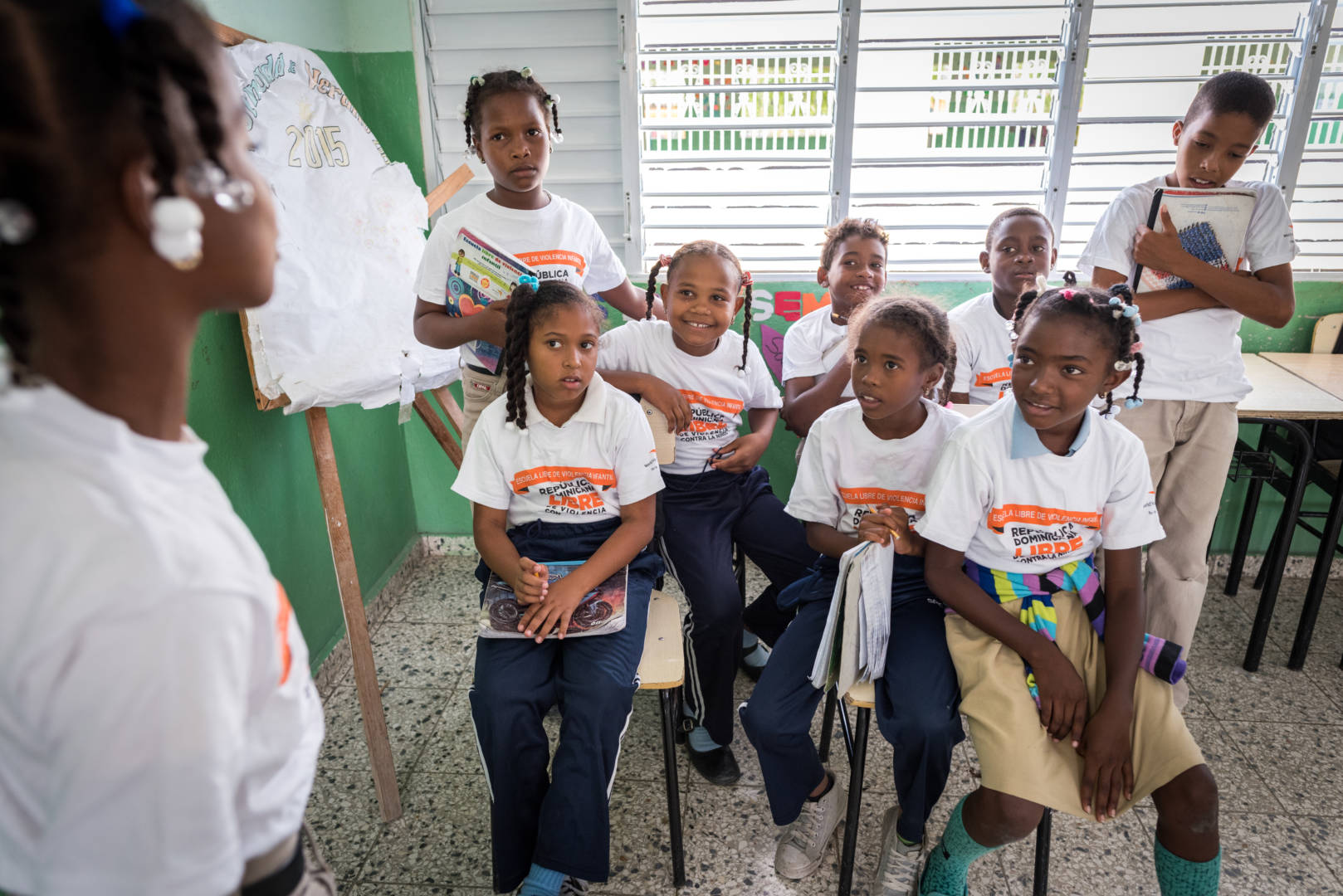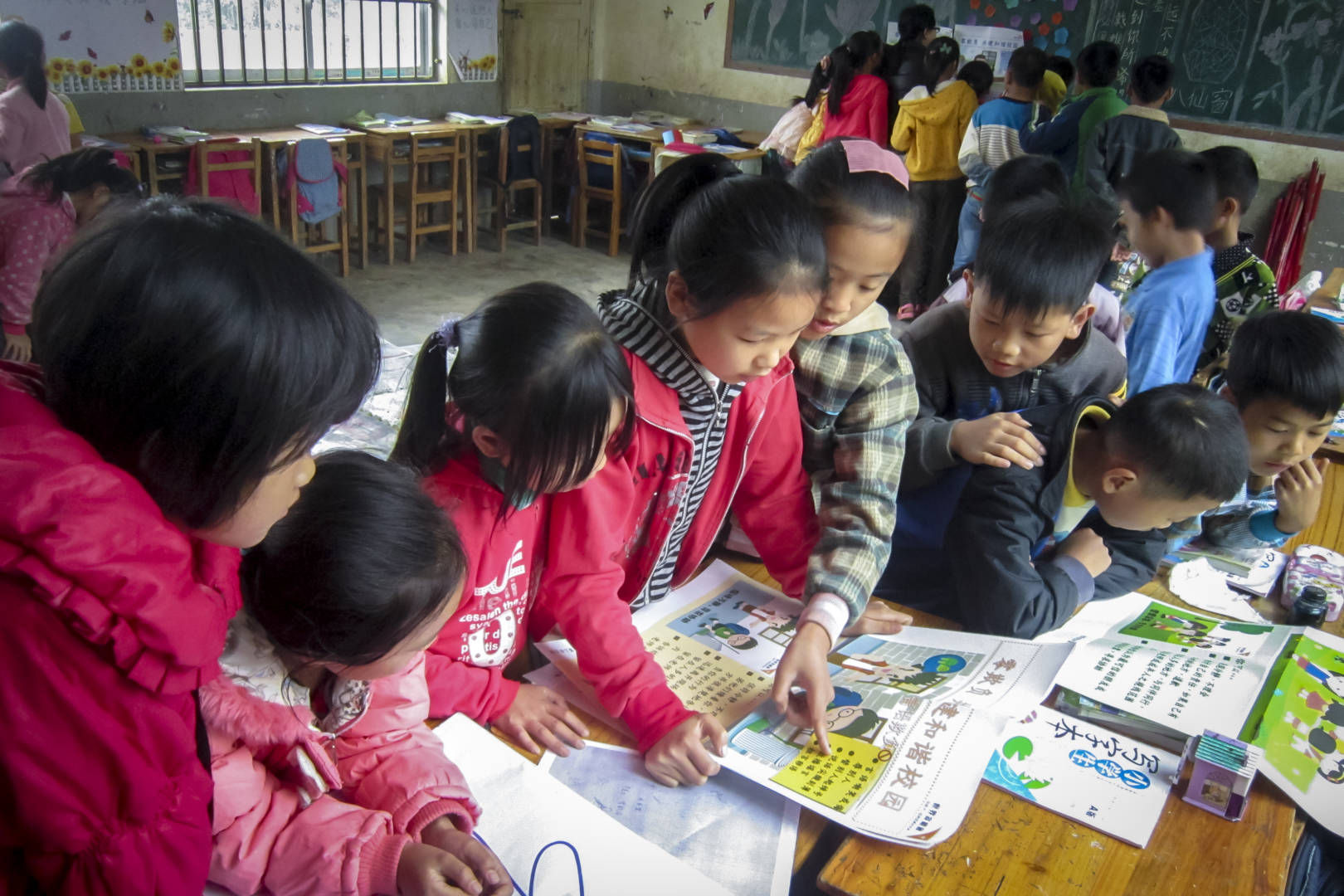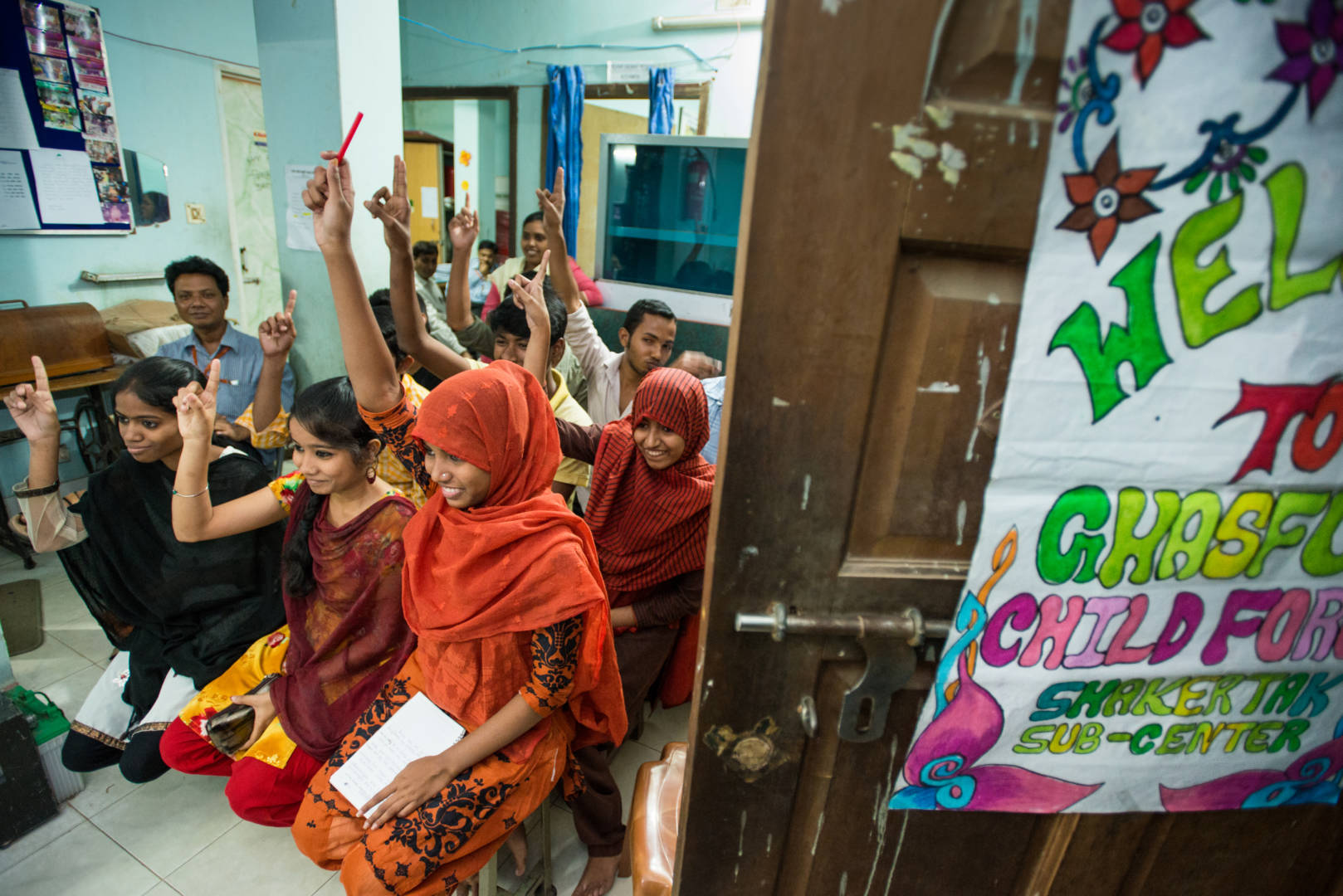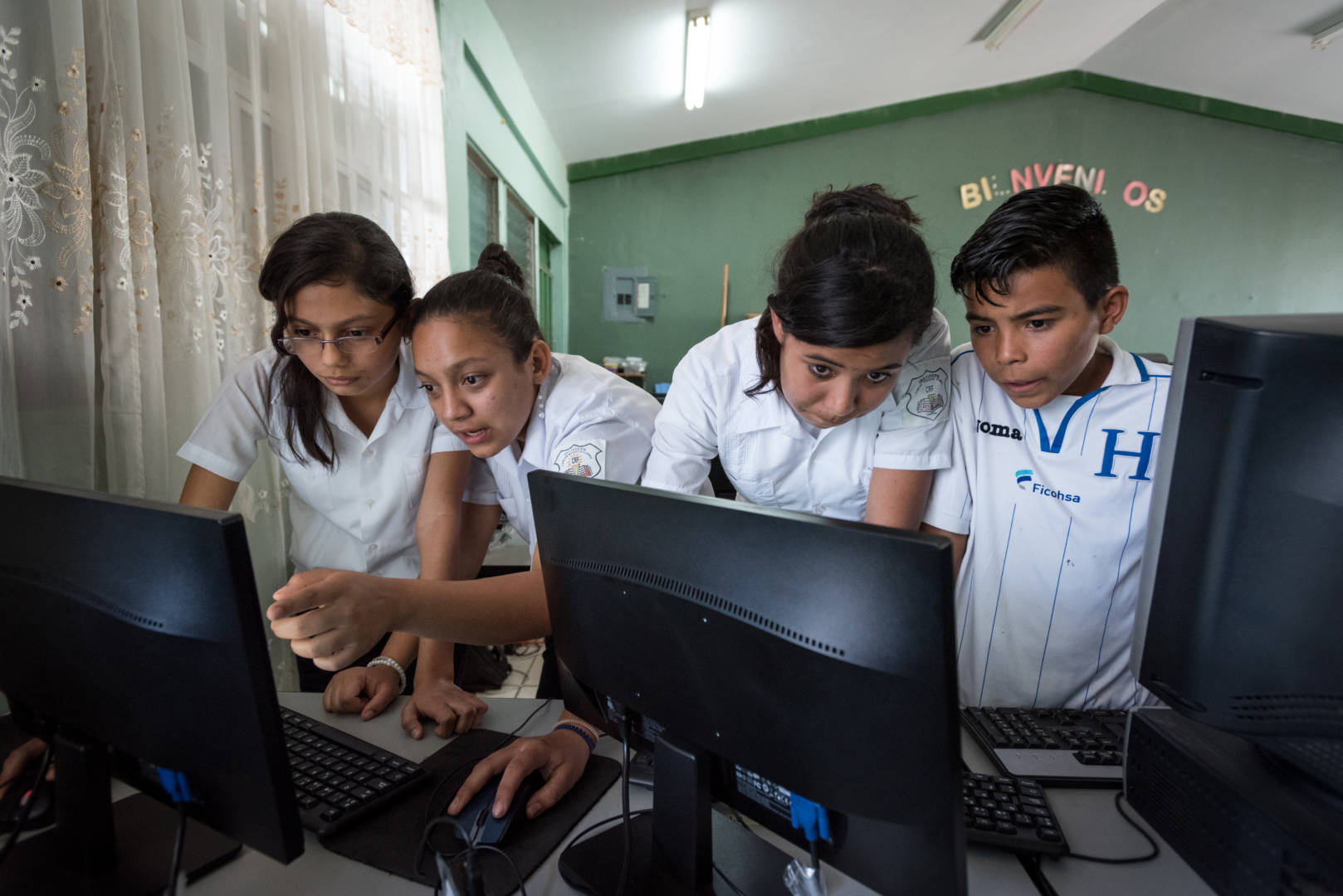Let’s flip the switch on cyberbullying and instead focus on how to use technology to be kind. Can you help kindness go viral? October is National Bullying Prevention Month. We’ve collected some tools to help you keep your kids safe online and make their online world a kinder place, because building a better world for children is what we do.
Do to others as you would have them do to you.—Luke 6:31
5 random acts of kindness using technology
- Spread honey: “Kind words are like honey — sweet to the soul and healthy for the body.” —Proverbs 16:24 (NLT) Write a public compliment on someone else’s social media post, video, or blog. Let them know what you appreciate or admire about them.
- Share good news: Be intentional about sharing something inspiring this week, instead of letting social media be overrun with disasters in the news or the latest public controversy.
- Connect: Skype or FaceTime with a relative or friend that lives far away. Focus on listening well. Ask them how they’re really doing and how you can pray for them.
- Give a virtual hug: Show someone you are thinking of them. Send virtual flowers or an ecard with an encouraging message.
- Change the world: No matter how old your kids are, they can spread generosity that changes the world — and themselves. Set up a fundraising page for kids less fortunate.
Need scientific reasons for your random acts of kindness? Studies show that doing kind things for others actually makes us feel even better about ourselves – it releases serotonin in your brain.
Is it true? Is it necessary? Is it kind?
Bullying and cyberbullying aren’t fun topics to talk about with your kids. So what’s one easy lesson you can teach them about how they interact with others? Have them ask themselves these three questions before they say something: Is it true? Is it necessary? Is it kind? The simple reminder to think before you speak is very powerful.
How World Vision tackles bullying



Resources on bullying and cyberbullying
- Bullying can happen anywhere and to anyone. Help stop bullying at school, online, and in the community. The U.S. Department of Health and Human Services operates stopbullying.gov, which provides information on what bullying is, who is at risk, and how you can prevent and respond to bullying.
- Being a parent is tough enough. Keeping up with what your kids are doing online is another challenge. The Cyberbullying Research Center has materials and strategies to help you protect your children.
- Find out how you and your kids can get involved in National Bullying Prevention Month.


